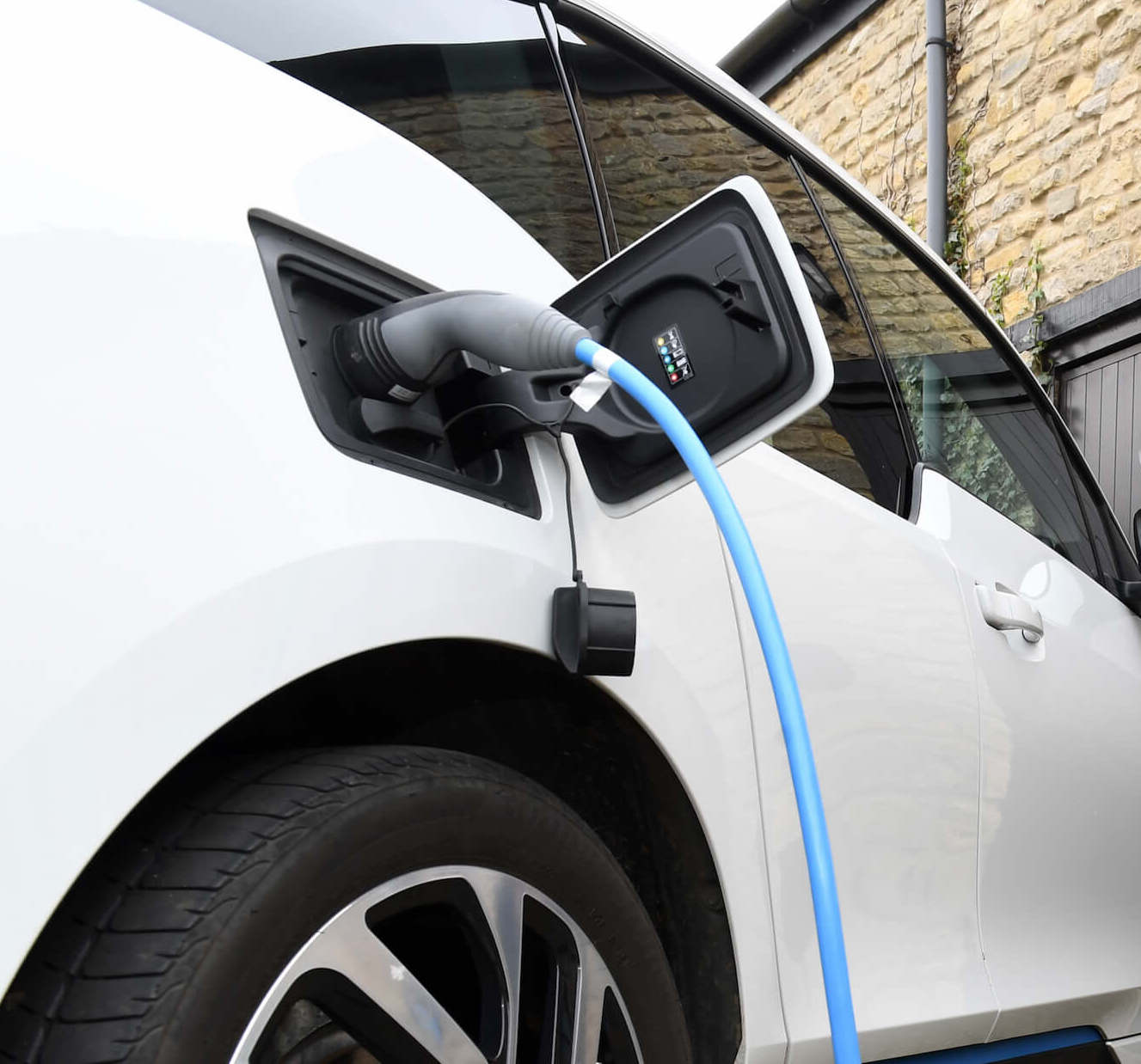Electric car buyers – and dealers – need clearer answers
02 January 2018

The new year firework displays were spectacular but are already fading from memory. So, for many, it’s back to work – if you’re not already there and one topic which looks poised to be a big talking point in the coming year is the electric car. Many retailers are likely to be thinking hard about this sector, currently only a tiny part of UK sales, but which is apparently set to grow massively – in Norway, electric vehicles now account for around 30% of sales. Consumers are being courted by manufacturers promising the future is electric.
But, while she could be accused of stating the obvious, Tesla driver Amanda Blanc, who also runs the UK division of insurer Axa, recently said that the shortage of charging points, in addition to pressure on the National Grid, is a major stumbling block to electric car sales. She pointed out that a recent family drive meant stopping twice to use a supercharger – clearly if the number of electric vehicles on the road surges without the infrastructure being in place, this is going to be a big disincentive to buyers.
There are some 125,000 plug-in electric cars in the UK and 14,000 chargers – 2,620 are rapid chargers that can give a car an 80% charge in 30 minutes. This is acceptable if the charger is free and it is possible to have a coffee, but not if others are lining up to use it. Consumers are being fed with messages that diesel is socially unacceptable and that petrol cars too are poised to become obsolete by 2040 and if some politicians have their way, then well before this date. So, is now the time to buy electric?
Who can blame anyone for feeling confused when there are stories of charging points needing to be installed on lampposts and warnings that the potential strain on the National Grid could mean cars could only be charged at certain times of the day. Tesla chief Elon Musk has suggested having battery swapping stations where flat ones are replaced with those that are fully charged. In more practical terms, Shell has opened charging points for electric cars at 10 filling stations, but these are mostly in London and the south east. Such pick and mix solutions are not good enough. There appears to be no obvious signs of how much needs to be spent, where the money will come from, who is going to provide the infrastructure, who will oversee the strategy and how effective it will be.
A major shift to electric must surely have more joined up thinking and piecemeal moves, while welcome, need to benefit the whole population. Until the answers are black and white, then retailers may well choose to focus on the present rather than the electric hyperbole.
Rachel Gordon
Editor
Auto Retail Network


 As an auto retail executive you need insightful and unique industry intelligence to boost your business potential. Here’s a taste of what Auto Retail Network has to offer:
As an auto retail executive you need insightful and unique industry intelligence to boost your business potential. Here’s a taste of what Auto Retail Network has to offer:

